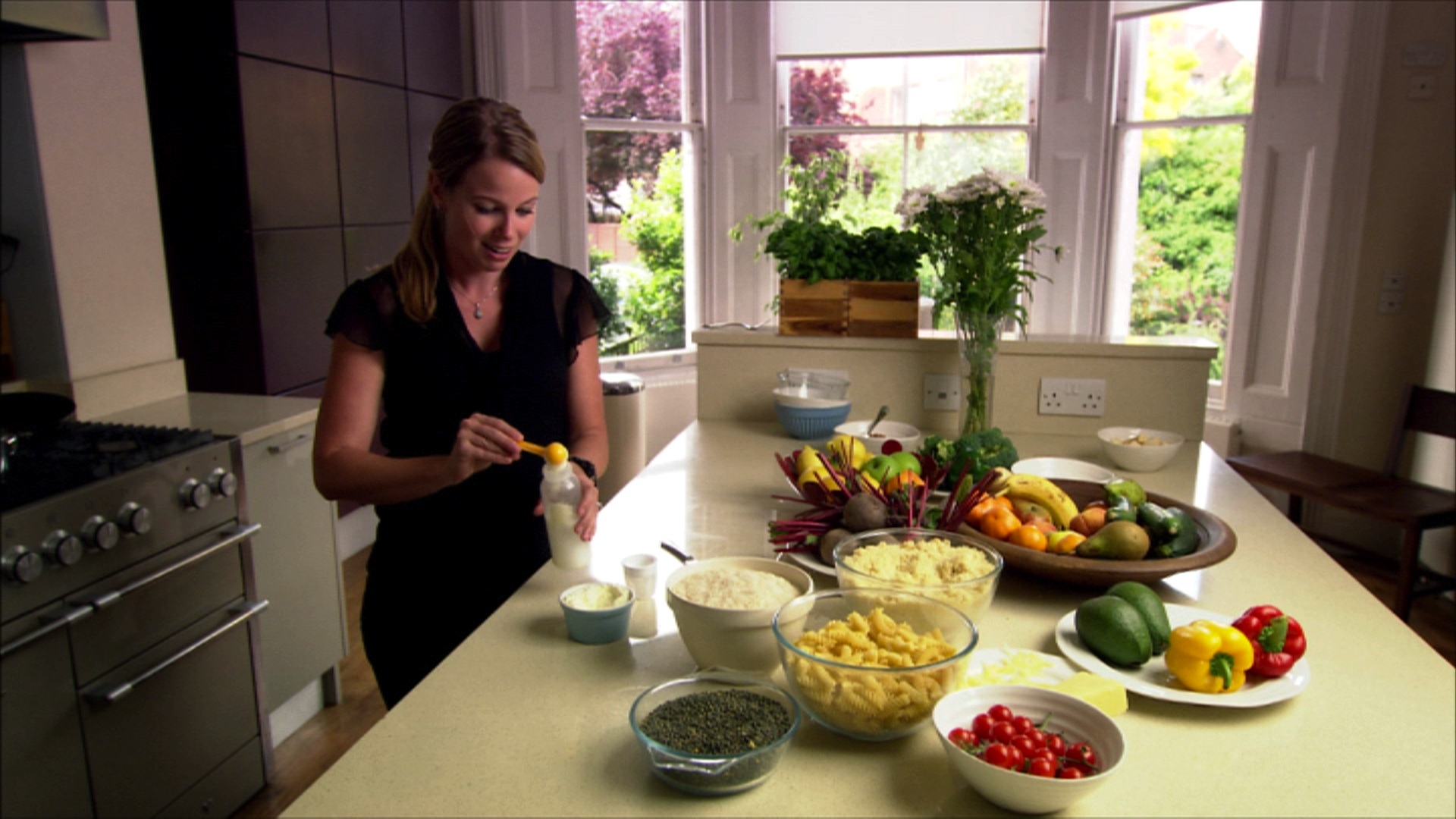
This is often described as suitable for newborns and should always be the first formula you give to your baby. However, your baby can stay on this formula when you start to introduce solid foods at around six months and continue on it throughout the first year. You do not need to move on to other formula milk marketed by formula companies such as ‘follow-on milk.’ When your baby is one year old, they can start to drink whole cows’ milk.
These formula contain more more casein than first formula milk. Casein is a protein thought to make your baby feel more full. However, there is no evidence that babies settle better or sleep longer when fed this formula. Unless your doctor or health visitor gives you different advice, there is no need to switch to these milks. Babies can drink first infant formula until they are one year old.
Other milks are available that are labelled as being suitable for babies aged six months and over, such as ‘follow-on milk’, ‘toddler milk’ and ‘growing up milk’. They should never be fed to babies under six months old. Indeed, there is no need to move your baby on to these milks after six months. Your baby can have first infant formula up until the time when ordinary cows’ milk can be introduced at 12 months.
Some follow-on formula has cereal added to it, and is described as a ‘night time feed for babies’. This formula is not necessary and there is no evidence that babies settle better or sleep longer when fed formula containing cereal. It should never be given to babies under six months.
If you think your baby might be allergic to cows’-milk-based formula, talk to your GP. They can prescribe special formula feeds for babies with cows’ milk allergy. Some formulas in the shops are labelled as being ‘hypoallergenic’ but they are not suitable for babies diagnosed with a cows’ milk allergy.
You should not give your baby soya-based infant formula unless your GP or a dietician has advised you to.
Infant formula can also be made from goats’ milk. However, goats’-milk-based formulas should not be given to infants with a cows’ milk protein allergy, unless directed by a healthcare professional.
Remember, if you have any questions about the infant formula you are giving your baby, you can ask your midwife, health visitor or GP for information and help.
Not all milk is suitable for feeding babies. Here are some of the types of milk you should never give to a baby under one year: